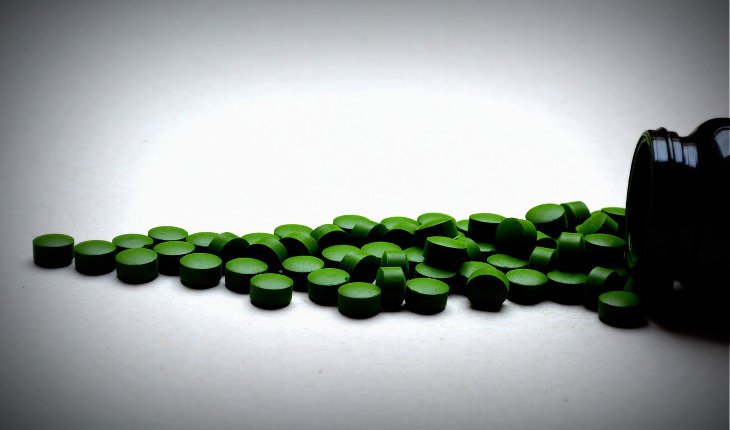Patent infringement legalised for generic medicine

25 Oct 2016
A licence under a patent could be defined as a negative covenant not to sue for infringement. A patent licence is thus one way of avoiding a suit for infringement. If a patent holder refuses to grant a licence to a generic company on reasonable terms, the generic company could apply for a compulsory licence under Section 56 of the South African Patents Act 57 of 1978 provided certain prescribed provisions are met. These provisions are not readily met and no compulsory licences have been granted in terms of this Section to date. In order to expedite the availability of generic medicine on the market post patent, the Patents Act was amended in 2003 to include Section 69A, making provision for a statutory licence available to generic companies under a patent in specific circumstances. This amendment was made following the decision in Stauffer Chemicals v Monsanto 1988(1) SA 805(T), which held amongst other that experimental use of an invention amounted to infringement.
In terms of the exception provided for in Section 69A, it shall not be an act of infringement of a patent to make, use, exercise, offer to dispose of, dispose of, or import a patented invention on a non-commercial scale and solely for the proposes reasonably related to obtaining, development and submission of information required under any law that regulates the manufacture, production, distribution, use or sale of any product.
S69A, however, specifically states that it shall not be permitted to possess the patented invention so made, used, imported or acquired for any purpose other than for the obtaining, development or submission of information as contemplated above.
The main import of Section 69A is thus that it enables generic manufacturers of pharmaceutical products to obtain regulatory approval of generic equivalents of patented product with the relevant authorities in South Africa, prior to the expiry of the patent. These Bolar-type[1] provisions are only applicable to obtaining the information necessary for registration and registration itself. They do not permit manufacturing and stockpiling of a generic product prior to the date of the patent expiry, with the view of commercial sale directly after the patent expiry date. Any evidence of such stockpiling could lead to seize and attachment orders as well as interdicts being granted.
[1] Originating from Roche Products, Inc. Appellant, v. Bolar Pharmaceutical Co., Inc., Appellee, 733 F.2d 858 (Fed. Cir. 1984) (This article is provided for informational purposes only and not for the purpose of providing legal advice. For more information on the topic, please contact the author/s or the relevant provider.)
